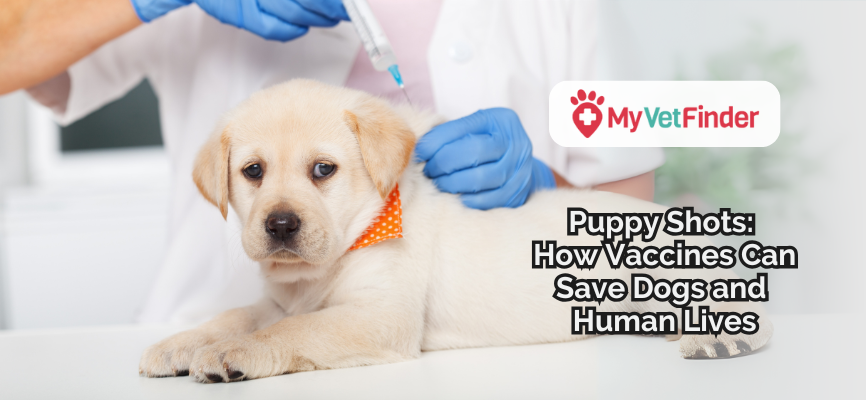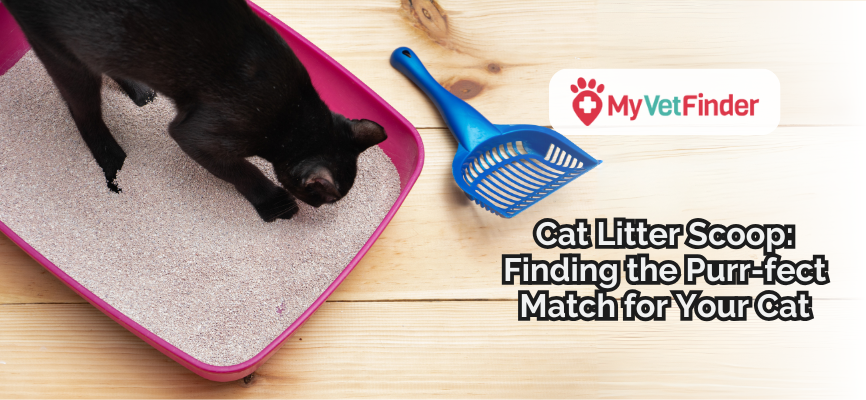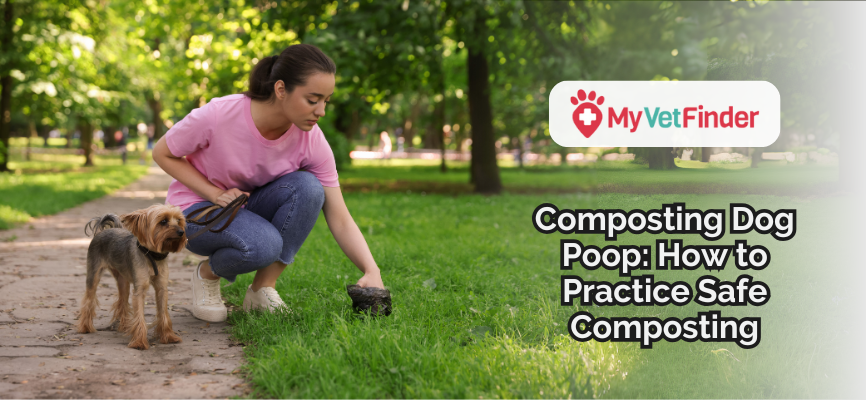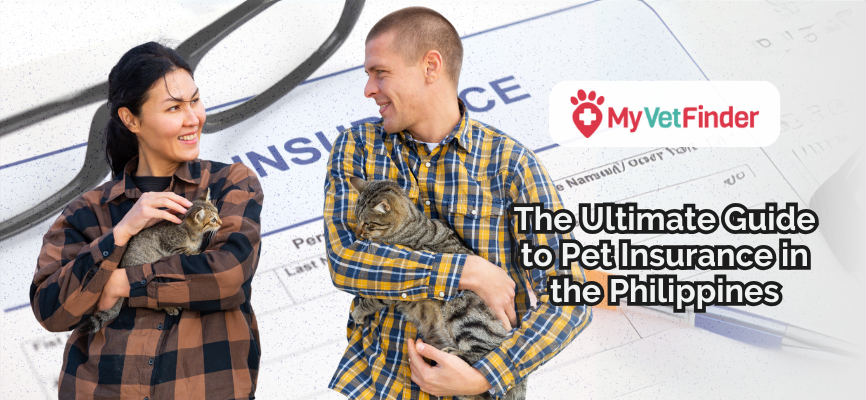
Puppy Shots: How Vaccines Can Save Dogs and Human Lives

Every pet parent only wants the best for their furbabies—what they don’t want is for their pets to catch a virus, bacterial infection, or, worse, a life-threatening disease. Like humans, dogs need vaccines to stay healthy, and as responsible pet owners, we must ensure they get the protection they need.
Some dog illnesses, like rabies, can spread to people, making pet vaccinations crucial to keeping our communities healthy. Vaccines not only protect your furry friend, but also ensure our safety as humans.
In this article, we’ll break down the must-have vaccines for your pup and their costs. We’ll also discuss the symptoms of rabies in humans and how we can deal with it.
Image via Pexels
Different Dog Vaccines That You Need To Know
Happiness is achieved when our furry friends lead long, happy lives, and vaccines significantly contribute to this outcome. As a responsible pet owner, it is important to make sure that you schedule a vet visit to get proper consultation about the vaccines that your furry friend may need. A quick trip to the vet for a shot can save you from heartache (and some serious vet bills) down the road.
To give you a little glimpse, here are some vaccines that your vets might want you to know:
1. 5-in-1 vaccine
If there’s one vaccine every pup should get, it’s the 5-in-1 vaccine or the DHPPi/L vaccine. Think of it as an all-in-one shield against five serious diseases:
-
Distemper—A virus that attacks a dog’s respiratory, nervous, and gastrointestinal systems.
-
Hepatitis—A liver infection that can lead to clotting problems.
-
Parvovirus—A contagious DNA virus that affects the stomach and small intestine.
-
Parainfluenza—A viral infection that causes respiratory issues.
-
Leptospira—A bacterial disease that can also infect humans.
Duration: Puppies should start their 5-in-1 vaccine series between 6 and 8 weeks old, getting booster shots every 3 to 4 weeks until they’re 16 weeks old. Once the initial puppy series is complete, dogs will need booster shots every one to three years, based on the vaccine manufacturer’s guidelines and your vet’s advice.
Cost: PHP 400 per dose, although the price will vary depending on the brand and veterinary clinic.
2. Bordetella Vaccine (Kennel Cough Vaccine)
Kennel cough, also called canine infectious respiratory disease (CIRD), is a widespread respiratory infection in dogs that spreads easily and quickly from one pup to another. If your dog loves hanging out at the park, doggy daycare, or the groomer, then a kennel cough vaccine is necessary.
The Kennel Cough Vaccine, also known as the Bordetella Vaccine, protects your dogs against Bordetella bronchiseptica, the main culprit behind kennel cough. This irritating, honking cough rapidly spreads among dogs.
Dog owners should vaccinate against kennel cough since it's highly contagious but preventable. The Bordetella vaccine helps in:
-
Lowering the risk of infection
-
Reducing symptom severity
-
Preventing serious complications like bronchopneumonia.
-
Ensuring dogs can safely attend training classes, daycare, grooming, and boarding facilities
Duration: Puppies get their first Bordetella vaccine between 6 and 8 weeks old, with boosters given to maintain immunity. Adult dogs typically receive it once a year, but those at higher risk may need it every six months. Your vet will determine the best schedule based on your dog’s lifestyle and exposure.
Cost: Between PHP 400 and PHP 800 per dose. Price will vary depending on the brand and the veterinary clinic.
3. Anti-Rabies Vaccine
Rabies is scary. Once symptoms appear, it’s almost always fatal for both dogs and humans. That's why the rabies vaccine is one of the most essential vaccinations your dog should receive.
Rabies is a severe infection that attacks the brain and central nervous system. After a bite, the virus multiplies in muscle and nerve cells before spreading, which can take up to four weeks. Once symptoms appear, it progresses quickly, often leading to death within 10 days.
The great news is that rabies can be entirely prevented with a vaccine. Vaccinating your pet protects them, other animals, and your family from this deadly virus. It helps avoid painful symptoms and a tragic outcome, ensuring safety for everyone.
Duration: Puppies receive their first rabies shot when they are around 12 to 16 weeks old, followed by a booster a year later. After that, they need revaccination every one to three years. The schedule depends on state laws and the specific vaccine used.
Cost: PHP 200 or more per dose. Price will vary depending on the brand and the veterinary clinic.
Image via Pexels
Vaccine for Humans Against Rabies
Rabies is zoonotic, meaning it spreads between animals and humans. Whether through a bite, scratch, or saliva from an infected animal, immediate treatment is critical. The rabies post-exposure vaccine series can be administered.
Human Rabies Immune Globulin (HRIG) Vaccine
After being exposed to rabies, the rabies post-exposure prophylaxis (PEP) is administered. This treatment plan includes wound cleaning, an HRIG shot, and a series of rabies vaccinations. The rabies vaccination series includes a total of four doses given over two weeks.
The Human Rabies Immune Globulin (HRIG) vaccine is a key part of the life-saving treatment. It neutralizes the rabies virus before it spreads in your body, acting as a first line of defense after exposure.
The HRIG dose is 20 IU per kg of body weight for all ages, including children. Some HRIG products are highly concentrated, so careful dosing is essential. Always take note of your schedule to ensure the effectiveness of the vaccines.
Duration: The administration of HRIG and a series of four 1 mL rabies vaccinations occurs only once. HRIG and the first rabies vaccine are administered on Day 0, followed by additional doses on Days 3, 7, and 14.
Cost: PHP 2,600 or more per PEP series; price varies depending on the brand and veterinary clinic.
Symptoms of Rabies in Humans
Rabies symptoms can appear within days or take over a year, but they usually occur in 1–12 weeks. The timing depends on how fast the virus travels to the brain. Symptoms begin once the virus reaches the central nervous system.
Watch out for these symptoms:
-
Fever
-
Headache
-
Nausea
-
Vomiting
-
Seizures
Watch out for these rabies signs:
-
Hallucinations
-
Excessive salivation
-
Light sensitivity
-
Hydrophobia (fear of water)
-
Insomnia
-
Confusion and agitation
There is no cure for rabies once symptoms appear, so vaccination and quick action after exposure are vital.
Image via Pexels
Keep Your Pup Protected
Show your fur friends some love by staying on top of their vaccinations. Not only do these shots protect your dogs, but they also keep you and your community safe from preventable diseases like rabies.
Vet visits are highly encouraged; they know what’s best for your dog’s health. A simple shot ensures a healthy body for a lifetime. After all, a healthy pup means a happy life for both of you!
For more information about the canine vaccination health guide, visit Aycardo Veterinary Clinic’s website here.
Recent

March 31, 2025

March 31, 2025

March 18, 2025

March 07, 2025

March 06, 2025

